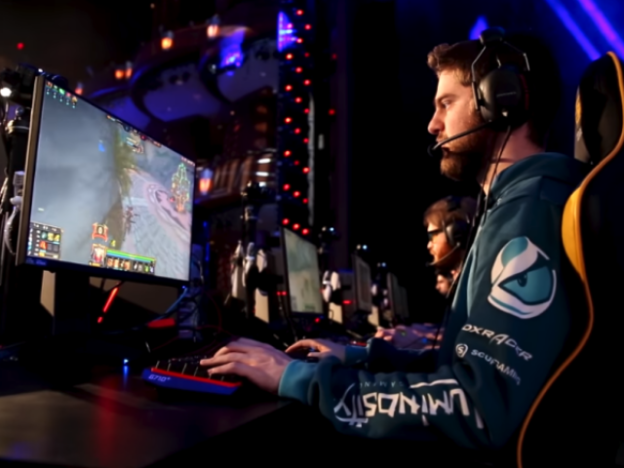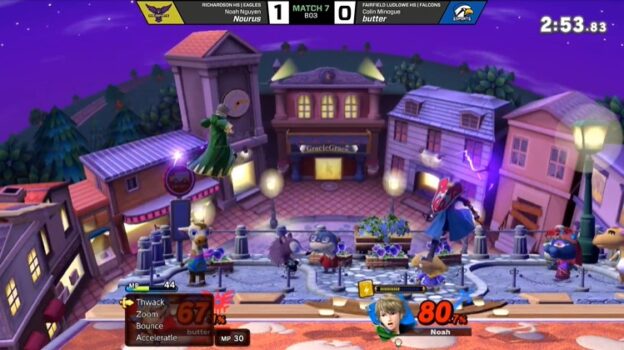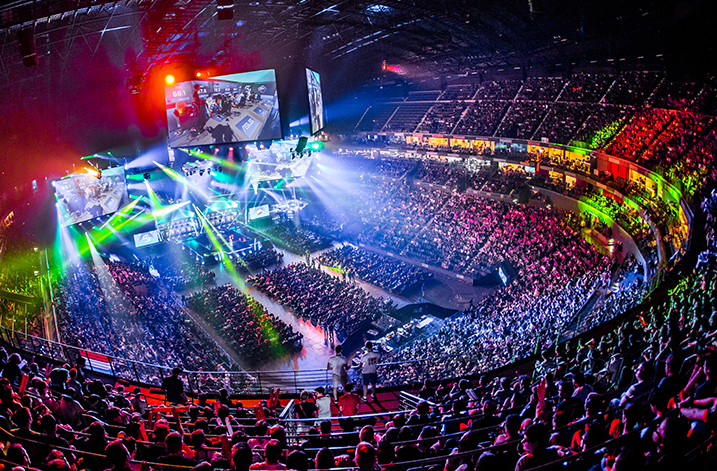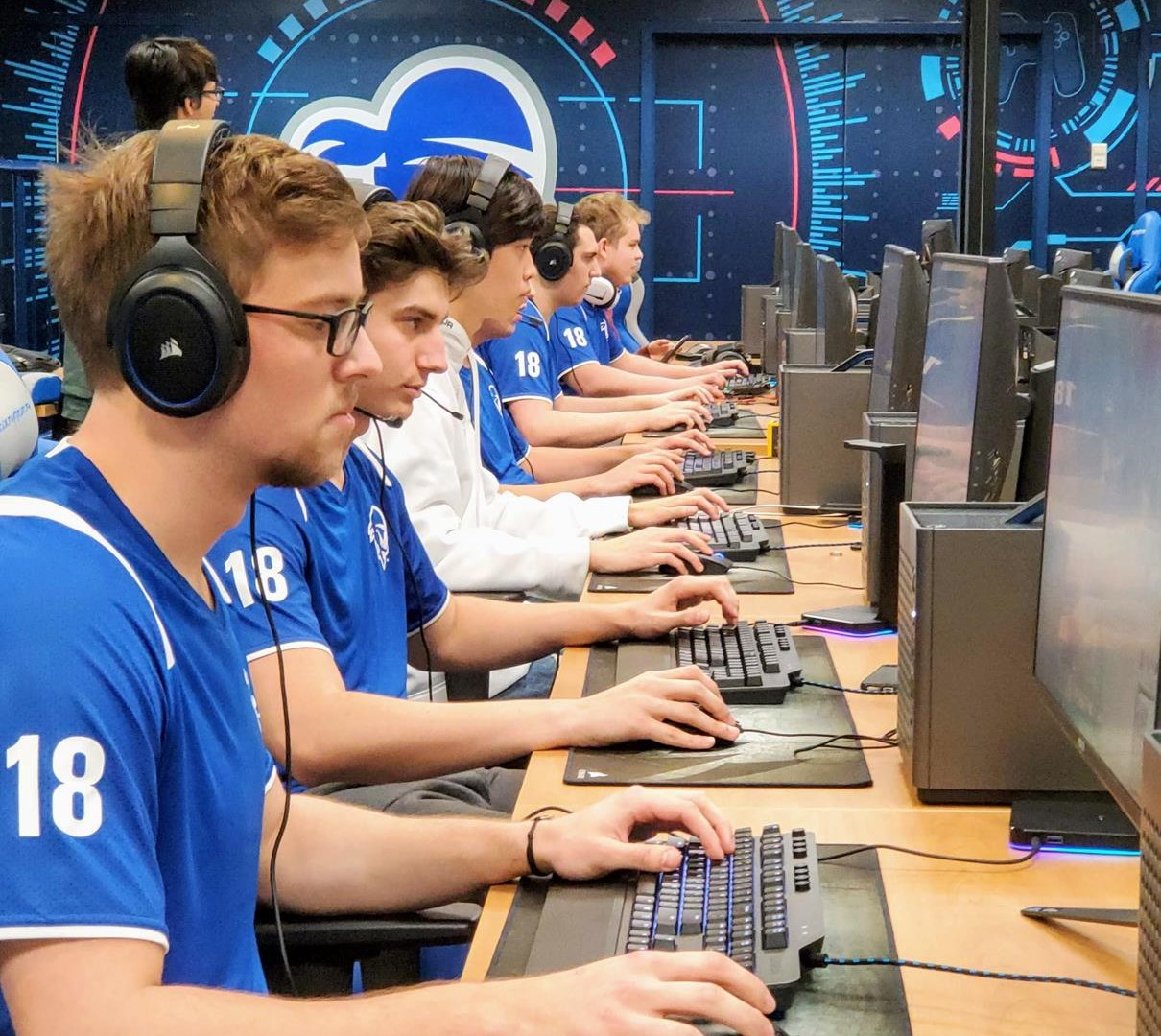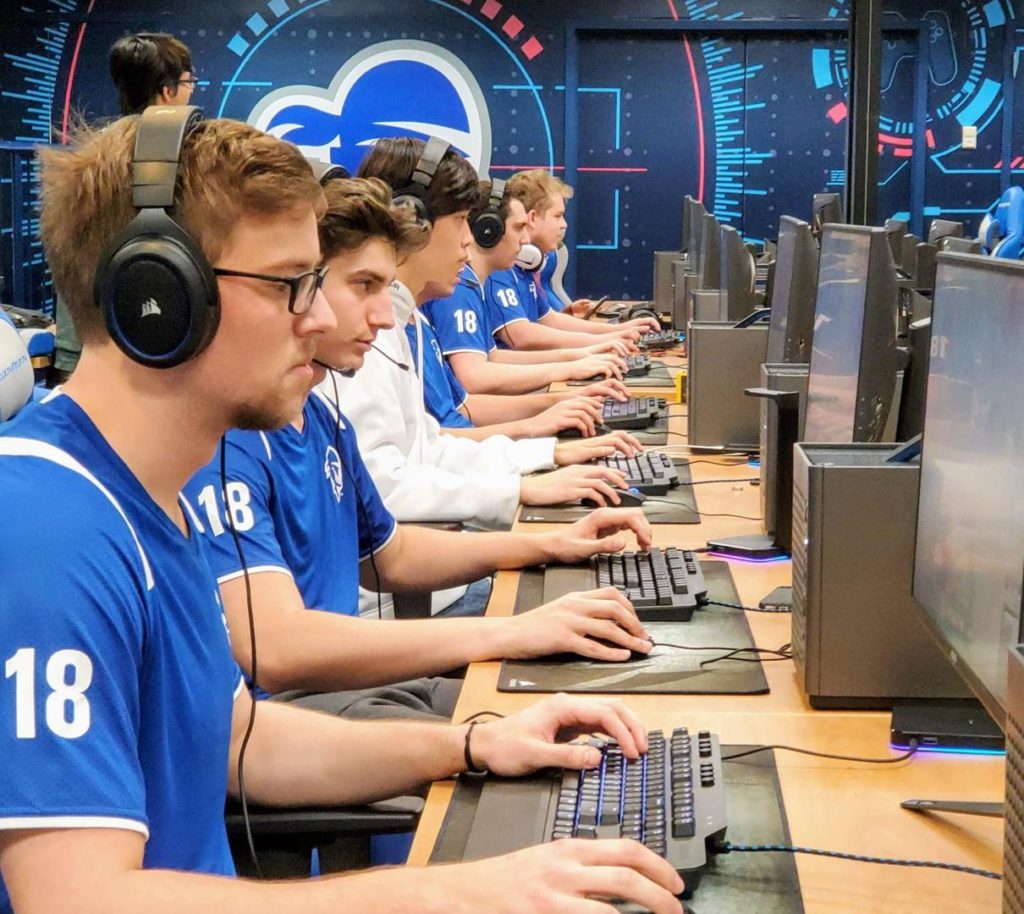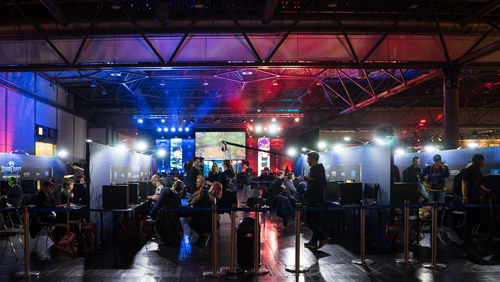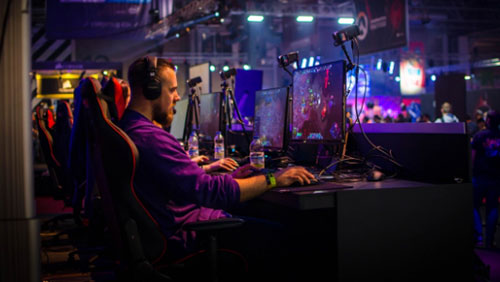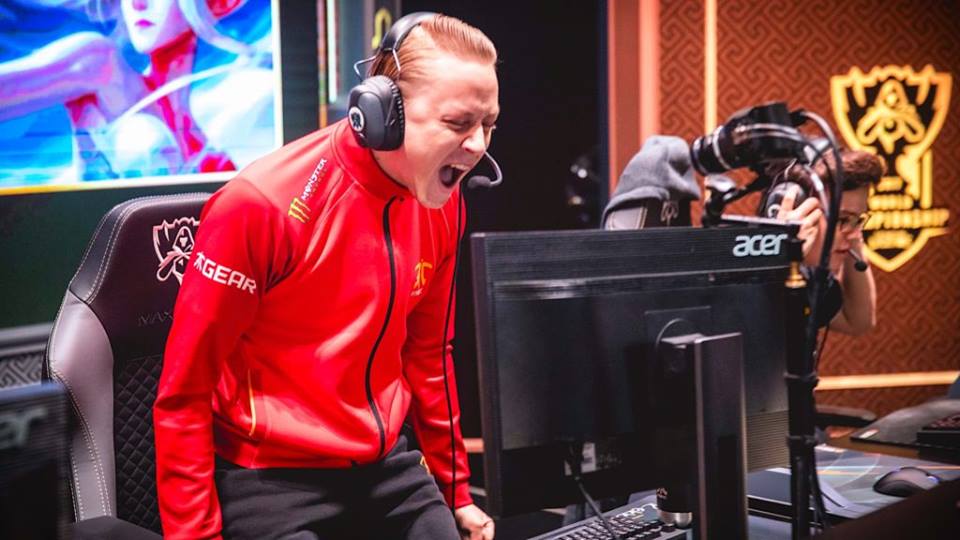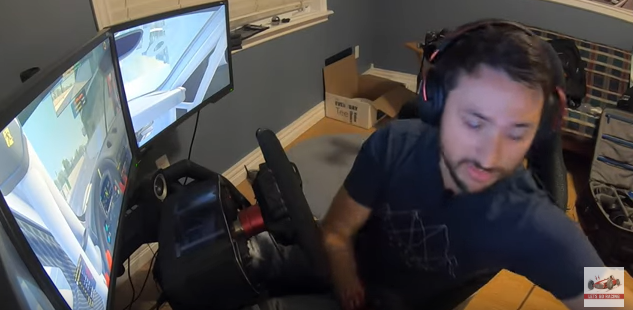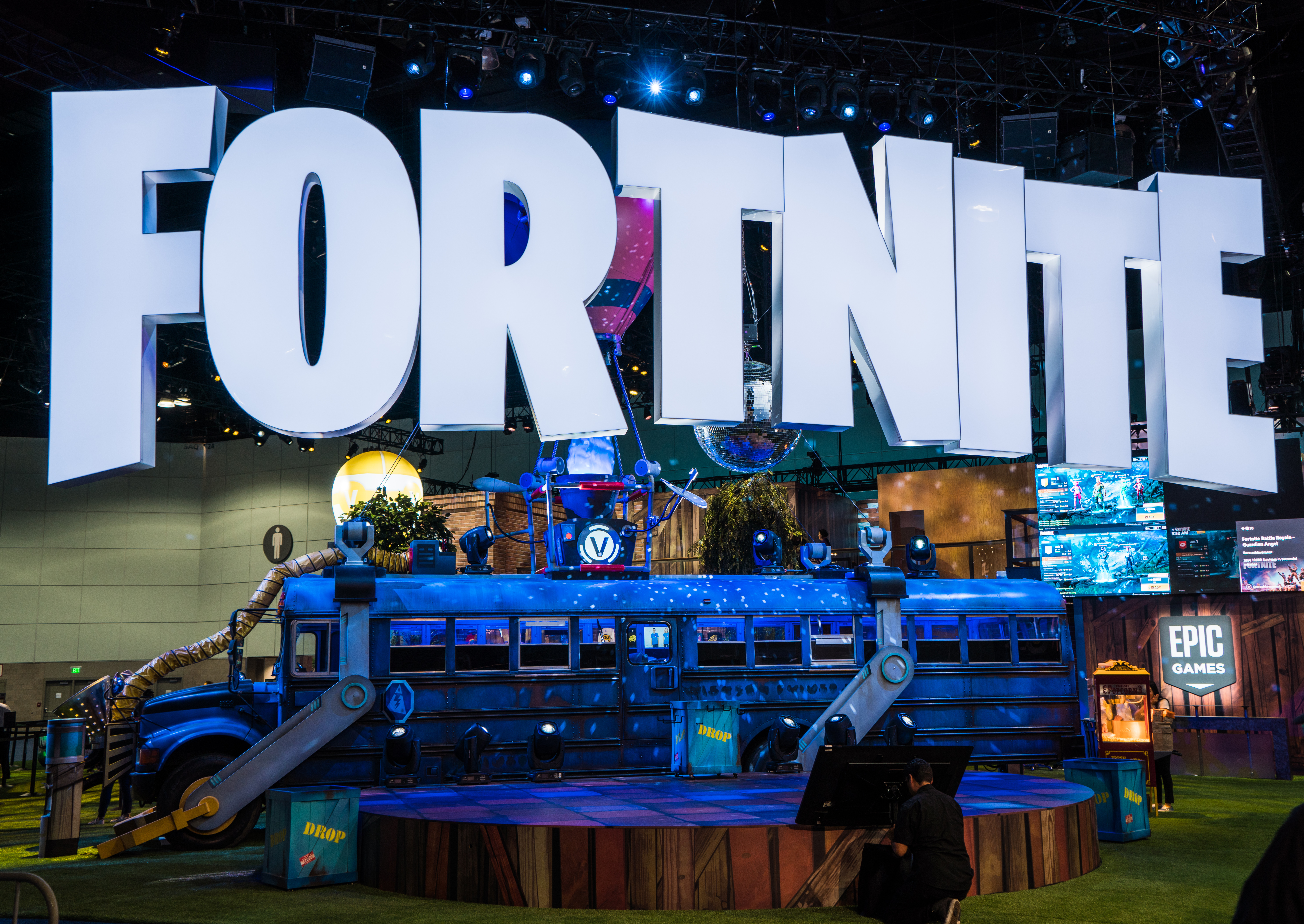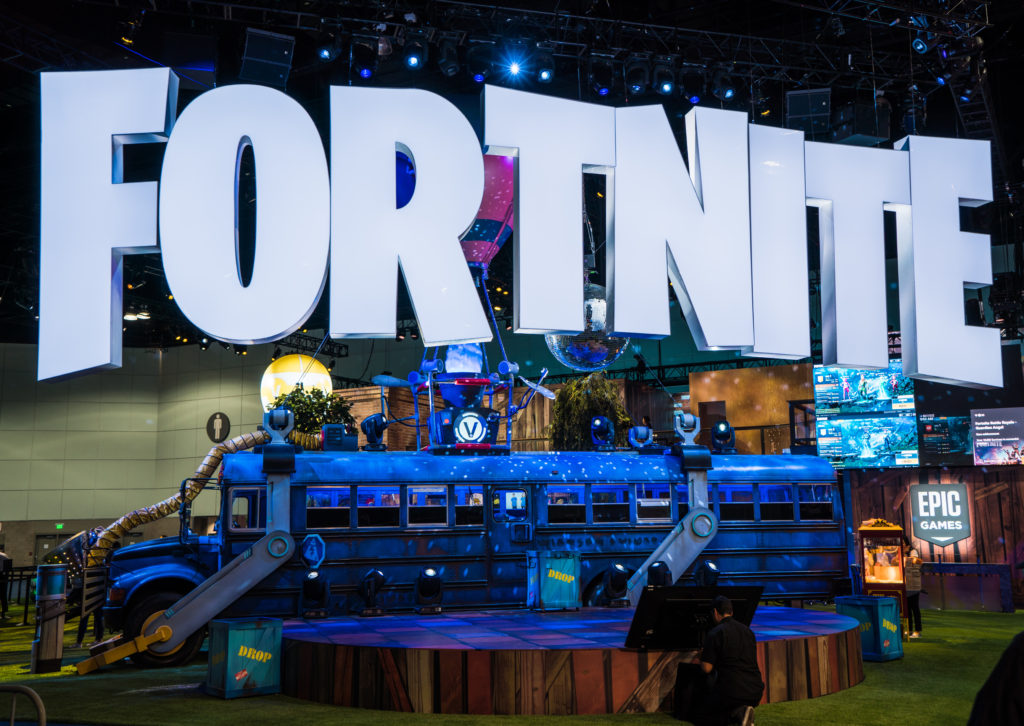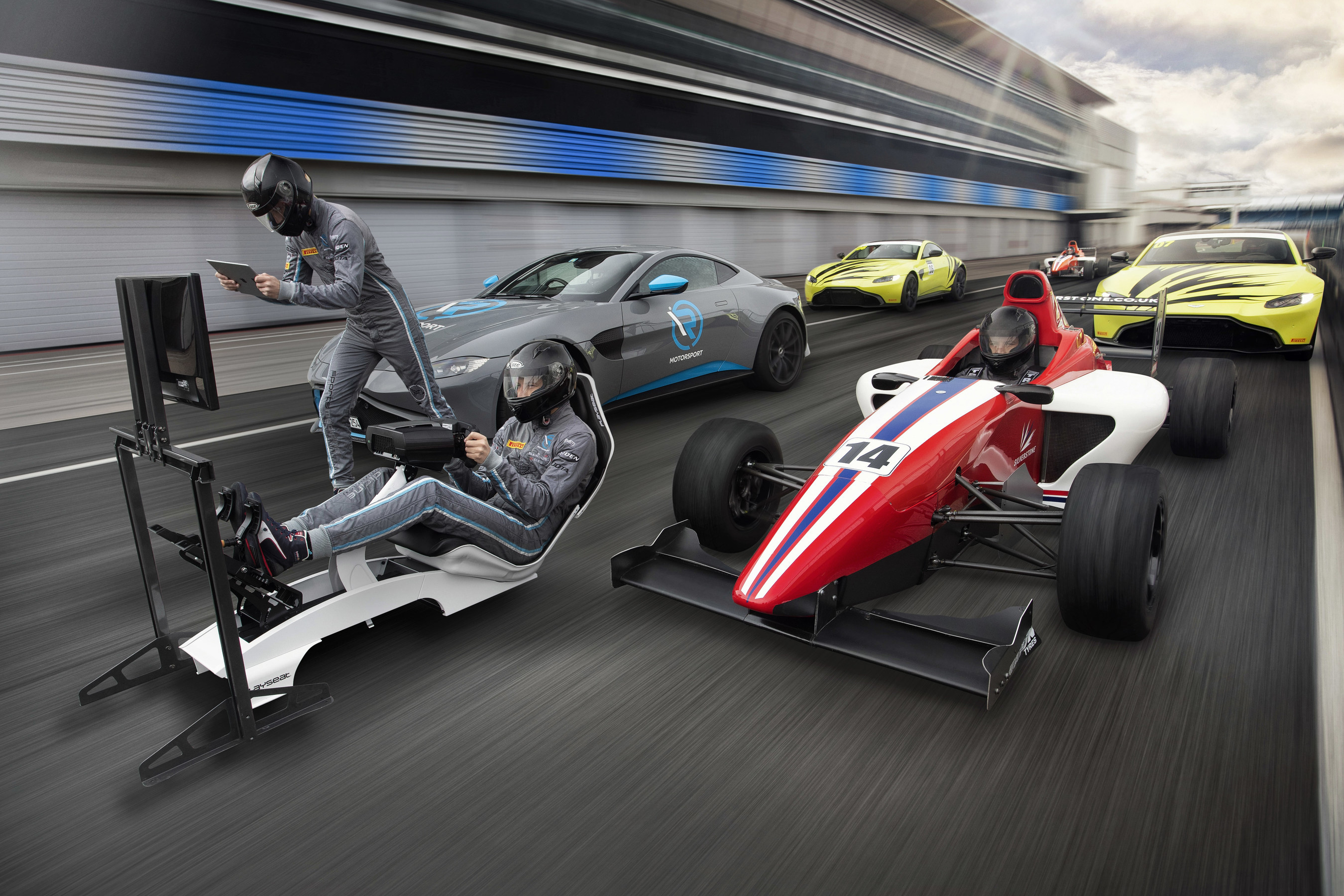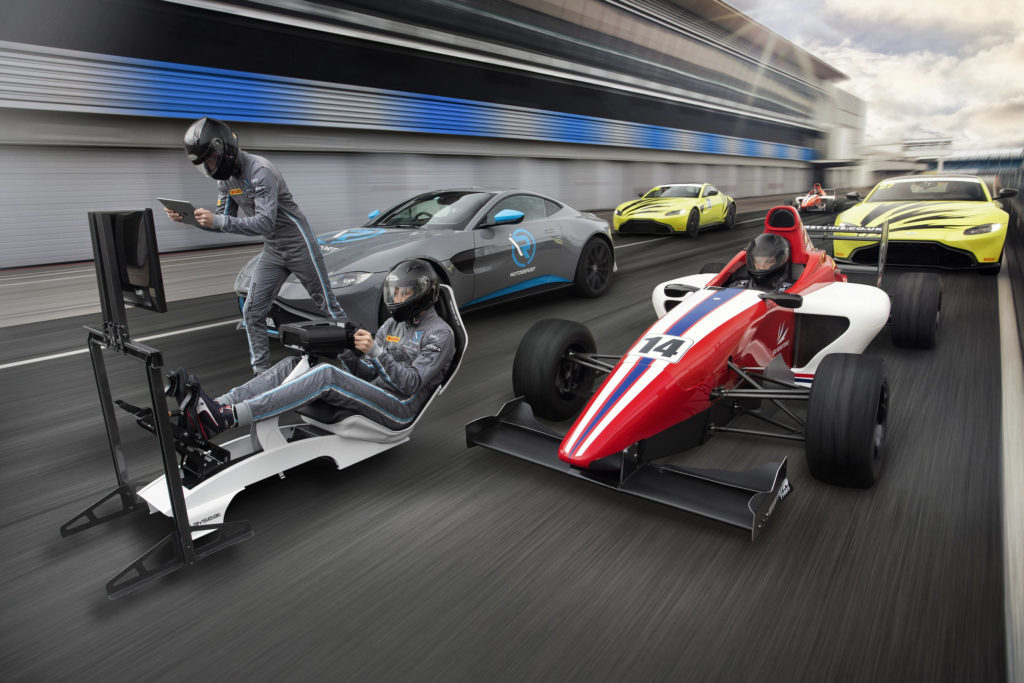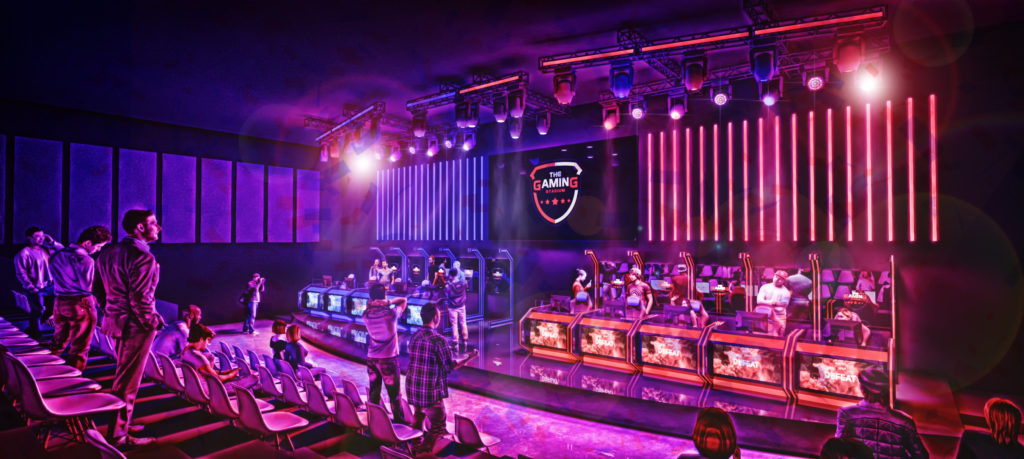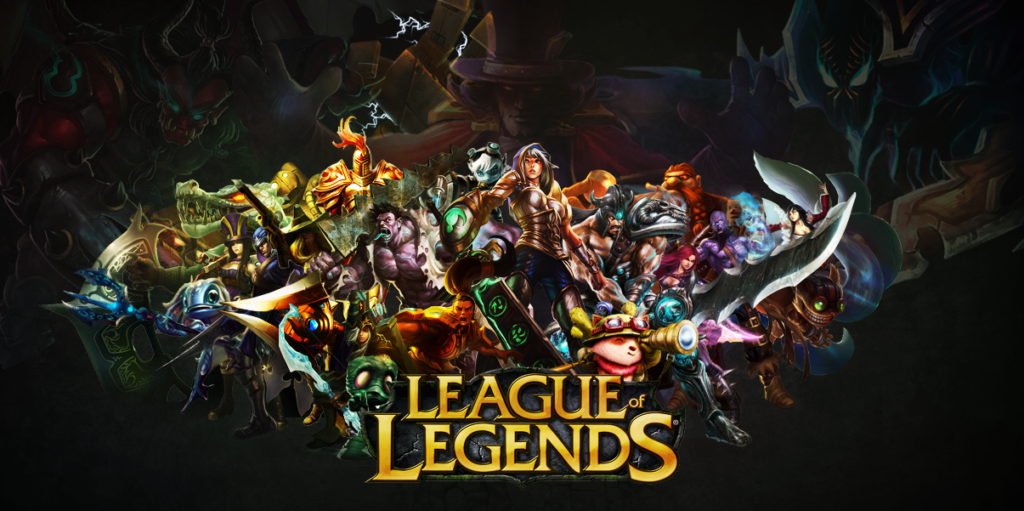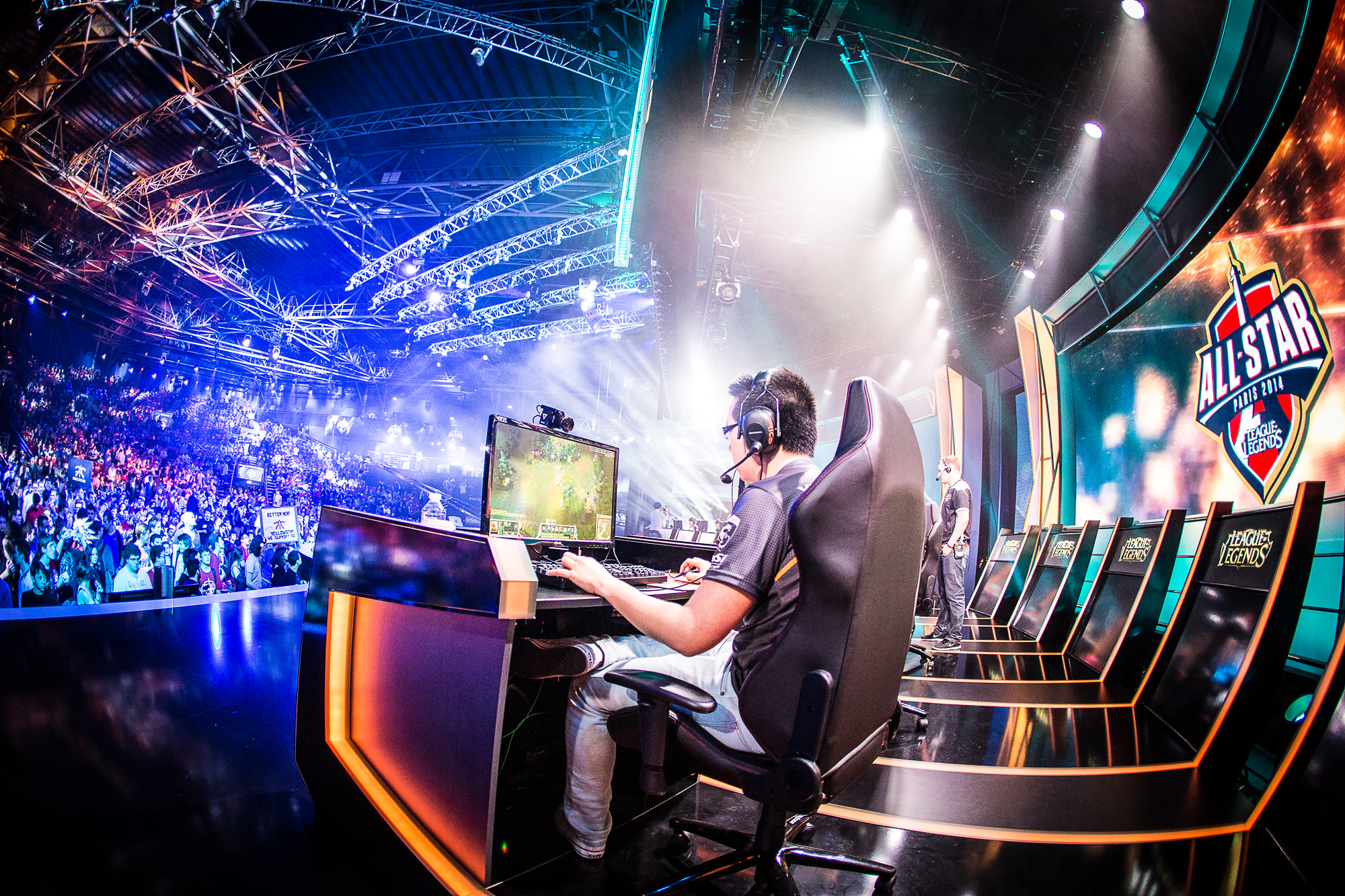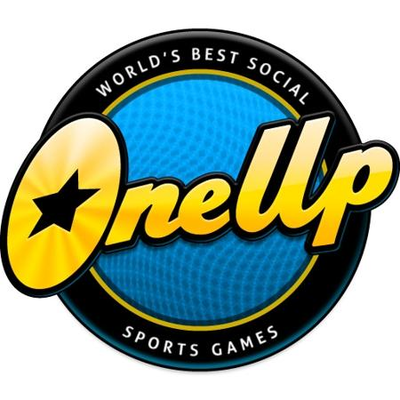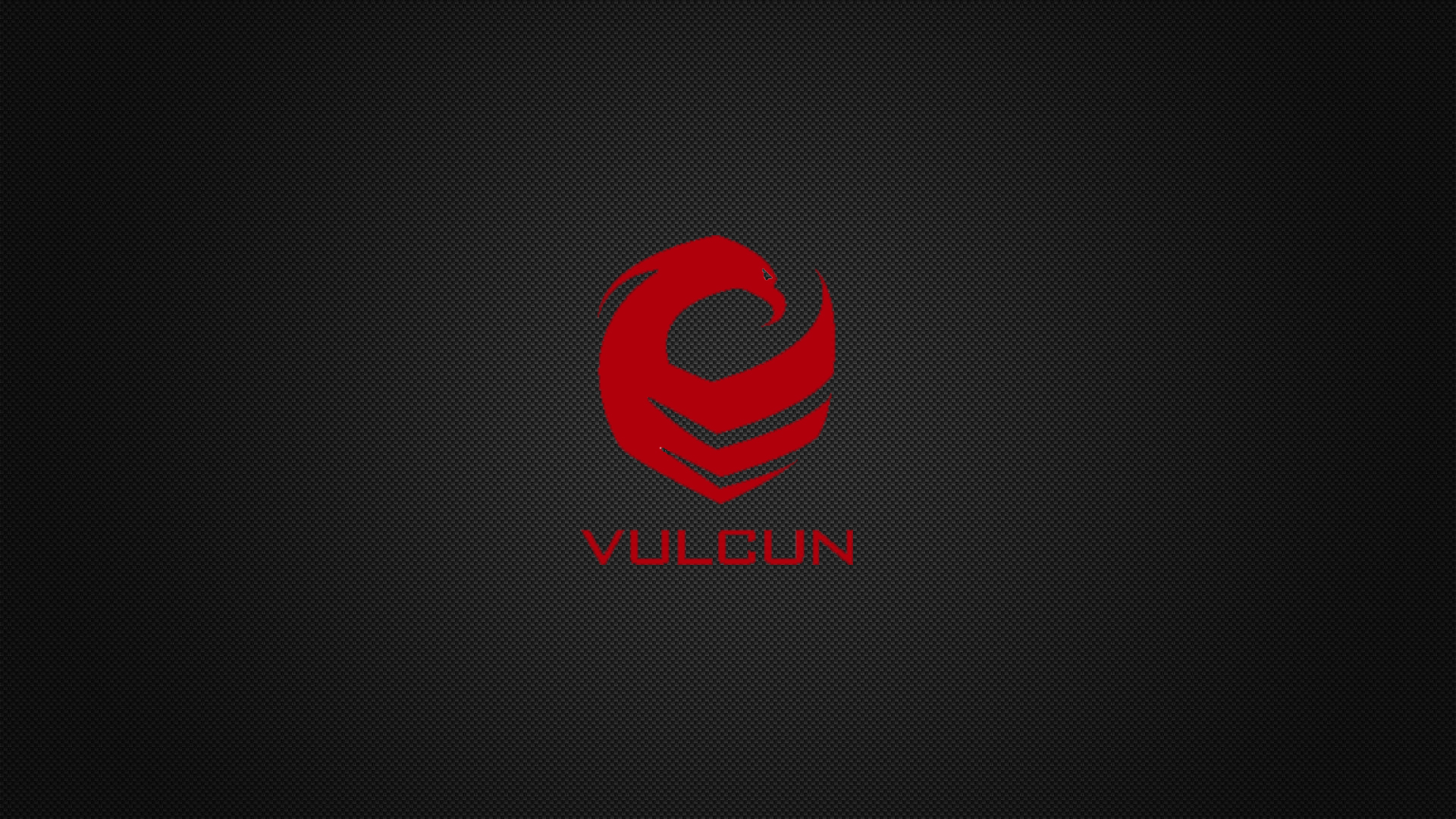Growing E-Sports Business or Fantasy; What Is An Accelerator And How Does It Work?
@JoeFav @TheDailyPayoff
The explosion of innovation in all things sports business and technology has created a gold rush for new ideas, especially in the pay fantasy and e-gaming space. However like the gold rush, many chase dreams of financial success only to leave with worthless pieces of lead, and sometimes, ideas stolen or good concepts that never reach maturity because of bad business planning. Into that void has come any number of companies and even Universities looking to help the best of the best. Recently the Los Angeles Dodgers launched an incubator program with R/GA to help a select number of companies venture west to try and grow.
Earlier this month another accelerator program came to the forefront, Stadia Ventures based in St. Louis. Stadia was co-founded by Tim Hayden, director of St. Louis University’s Center for Entrepreneurship and Art Chou, a Chou, a former Rawlings Sporting Goods executive with the idea that not all good sports business ideas live on the left or the right coast.
We caught up with Hayden to explain the business, its differentiators, and why St. Louis.
Explain the goal of the “Accelerator” vs. a “Shark Tank,” a “Hackathon,” or an “Incubator?
An incubator is a hotel that houses entrepreneurs (individual startups or accelerator companies). Meanwhile the accelerator is the mentoring and educational program to give the startups a better chance to succeed.
An accelerator is like an executive MBA program for startups. However, instead of a degree, the ultimate goal is that the cohort company achieves a few major milestones during the 10-16 week immersive boot camp. An accelerator will pick winners and invest in them like Shark Tank…but mentor the winners like The Voice.
How is this different or similar from others like the Dodgers recently launched accelerator?
Our Stadia Accelerator is different from almost every other accelerator, including the Dodgers Accelerator, because we are a Sports Innovation Hub first and foremost. We do not work for a single brand or customer. We invite anyone and everyone in the Sports Business ecosystem (entrepreneurs, investors, industry executives, service providers, etc) to come together to create a stronger and smarter community. Our goal is to become the clearing house or the vetting program for each of the audiences, which saves each group time, pain, and money.
What type of business are you looking for?
Stadia Accelerator is looking for established startups in the sports business space. They must have a product or service, traction and they must be generating revenue. We want them to have proven that there is a market for the solution to a pain. We focus on companies in Software/Apps, Big Data, Equipment, Apparel, Training, Nutrition, Gaming and Fantasy. However, we will look at any company that can help solve pain in the sports business space.
Some people may be surprised to hear of St Louis as being fertile ground for such a project vs. NY or LA? Why St. Louis?
St. Louis is the gateway to the west for a reason. We were the trading post for everyone heading west to seek their fortunes. Our city was created by entrepreneurs, and we have never lost that spirit. The recent St. Louis entrepreneurial renaissance has been going on since the 2009 recession. While we lost a number of Fortune 50 companies during that time, many of those executives turned their talents and newfound wealth towards the entrepreneurial scene. Couple that with the fact that for a long time, our Universities embraced the fact that you need to teach people how to be better entrepreneurs (Saint Louis University has the #13 Entrepreneurship program in the nation according to U.S. News & World Report…23 straight years in the top 25). To set ourselves apart from the rest of the nation, our community and University leaders identified that entrepreneurship needed to be nourished. So they created Arch Grants, a $50,000 grant awarded to some of the nation’s best startups wanting to move to St. Louis for a year to continue building their businesses. Since 2012, 55 startups have been funded for a total of $3.1M (50 are still operating in St. Louis).
So when people around the nation say that St. Louis has a strong entrepreneurial renaissance because of our low cost of living and our access to top notch talent; that’s only a portion of the reason. The real reason is because we have worked together to build a strong ecosystem that supports entrepreneurship.
How have you attracted investment in the project and what are they looking for?
Unknown to a lot of people, St. Louis has always been a breeding ground for a lot of global, senior-level sports business talent. When you have the #1 global sports sponsor (Anheuser-Busch) in St. Louis, it’s to be expected. And that audience has always been interested in giving back. They want to see St. Louis become the Sports Innovation Hub. We joke that in 1904, St. Louis was the epicenter for Business (1904 World’s Fair) and Sports (1904 Olympics). So why can’t we be the epicenter again?
However, our investors also understand that this is not an ego play or a community play. This must be a smart business investment with the expectation of legitimate returns. It just so happens that this investment is in the sports business space.
And we tell our investors that we will only accept “smart money,” which are those that are familiar with the sports business space. We find that these people have a knack for picking winners in this space.
What is the competition going to be like?
There are many accelerators in the United States (St. Louis is the 3rd largest accelerator city in the nation). But most are focused on technology or biotech for early stage startups. There are very few focused on the sports business space. There are even less that are willing to invest up to $100K in each business. And there are even fewer focused on becoming the Sports Innovation Hub for the entire ecosystem.
Besides the funding, our true strength is our mentor network that we can surround each startup with. Our goal at graduation is to ensure that that each accelerator company has a follow-on investment lined up, a large order, or an acquisition suitor. We are directly tied with our cohort company’s success and failure…and we do not like to fail. In addition, once a company comes into the Stadia family, we will be looking for ways to help them…for life.
What level of expertise will the senior execs involved have?
The Stadia Advisory Pool is being assembled from every walk of life. Not only do we have sports business executives from teams, leagues, sponsors, sporting goods, etc. We also have executives from the various facets of business (lawyers, accountants, wealth managers, financial planners, insurance, operations, supply chain, etc).
Sports Business touches every facet of business…so we need advisors and mentors at senior levels to cover those needs.
What is the end goal in say, two years, with the project?
We’re in this for the long haul. However, in two years, we’d love to have 20 established startups that have grown and are still engaged with us helping to mentor future startups in our Accelerator.
Success for Stadia Ventures is defined as Do Good. Do Well.
Doing good means that we are achieving financial success for our cohort companies and the sports business ecosystem. But, doing well is a societal success. Did we help to make the founders better people? Did we help to get products and services into more people’s hands to solve their pains? Did we help the industry and our partners become more innovative? Did we connect good people with each other? And finally, were we able to establish a stronger ecosystem.
If we can say we have a stronger and smarter sports business ecosystem, we will have succeeded. But it will take time. We’ve been working on creating a stronger entrepreneurial ecosystem in St. Louis since 1764.
